Mink cage system of Mr. Le Van Hung in Hoang Loc commune.
In Tay Anh Vinh village, Hoang Loc commune, Mr. Le Van Hung's civet farming model always maintains hundreds of individuals. Invested since 2022, although there were some technical problems in the early stages, he quickly accumulated and learned more experience, and successfully raised them. In the breeding area built behind the family kitchen, nearly 100 pairs of parent civets still reproduce regularly. According to him, after only 3 months of raising, when separated from the mother, a pair of baby civets sold for breeding is also worth from 10 to 12 million VND. Because it was introduced on social networks and participated in groups, not only customers in the province, but also from many provinces and cities across the country have come to visit and buy breeding stock to multiply the herd. Over the past years, he has sold about 300 breeding civets, and at the same time developed to 150 cages, always maintaining about 200 commercial civets.
Every day, the civet droppings are collected and used as food for the tilapia in the family pond. About once a week, he pulls the fish to feed the civets to supplement their protein source. In addition, bananas, fruits and agricultural by-products used as food for the civets are all easily found locally and cheaply.
“After returning from working in Korea, I was determined to start a business in my homeland. I tried several fields and did many jobs, but none of them were successful. When I learned that civets were becoming effective pets, I decided to invest. So far, I have had outstanding success. I affirm that this is the optimal pet breed, and there is nothing else in the area that is as effective,” said Mr. Hung.
Along with growing orchids and some other production activities, each year Mr. Hung earns nearly 1 billion VND, creating jobs for 4 workers.
The largest civet farming model in Thanh Hoa currently belongs to Mr. Dao Phan Tuan's family in Tho Phu commune with a revenue of up to 7 billion VND per year. Right at the farm gate, he displayed a large sign with the facility's license number from the Thanh Hoa Forest Protection Department to prove its legality. The corrugated iron cages were built by him next to a large lake, with an airy space. Each cage is equipped with a ventilation fan and air conditioner to keep the temperature from 25 to 28 degrees, suitable for the growth conditions of civets.
According to Mr. Tuan, realizing the economic potential of this new livestock, he and his wife visited dozens of models in the provinces to learn and gain experience. By 2020, he invested in barns and bought 100 pairs of parent civets to multiply the herd. During the breeding process, he always maintained daily information with breeding facilities to receive technical guidance and handle arising factors. In just a few months, he quickly mastered the breeding techniques, and the parent civets began to reproduce.
By 2023, he had grown to 500 pairs of parents. In addition to selling the offspring, he also kept them for commercial breeding, making them super profitable pets. According to him, each year a pair of parents reproduces an average of 2 litters, each litter usually has 3-4 cubs. The baby mink raised weighs about 3-4kg and can be sold commercially for more than ten million VND each. According to him, for many years, the price of mink has fluctuated between 3 and 4 million VND/kg, but there has always been a lack of goods to sell to traders because of the huge market demand. Many restaurant chains also make reservations in advance to have a regular supply of goods.
The civets' food is agricultural products and agricultural by-products available in the countryside. At Mr. Tuan's farm, ripe bananas are the main food, each adult civet eats about 2 fruits per day. In addition to growing bananas, he also imports bunches of green bananas at very cheap prices to ripen for the civets to eat. Pineapple, squash, jackfruit, cold rice, thick porridge... also become cheap food for civets. It is worth mentioning that civets' waste is very little, does not emit unpleasant odors, so hundreds of individuals kept in captivity still ensure the environment.
Up to now, he has invested more than 7 billion VND to build the farm, barns and production infrastructure, but each year he earns about 7 billion VND in revenue, so this has become a super profitable breeding facility. According to his calculations, for the mink to grow 1kg, it only takes about 300 thousand VND of investment, but the average price of each kg of commercial mink is up to 2 million VND.
According to information from the Thanh Hoa Gardening and Farming Association, the province currently has about 20 civet farms, all of which are dozens of times more economically efficient than traditional livestock. Civet farming takes advantage of cheap agricultural products and by-products, even without having to buy them in the countryside, as food, so it has great potential for development. Through many successful models, it has shown the suitability of this new type of livestock to the climate and conditions of captivity in Thanh Hoa.
Article and photos: Linh Truong
Source: https://baothanhhoa.vn/mo-huong-lam-giau-tu-nuoi-cay-huong-257184.htm


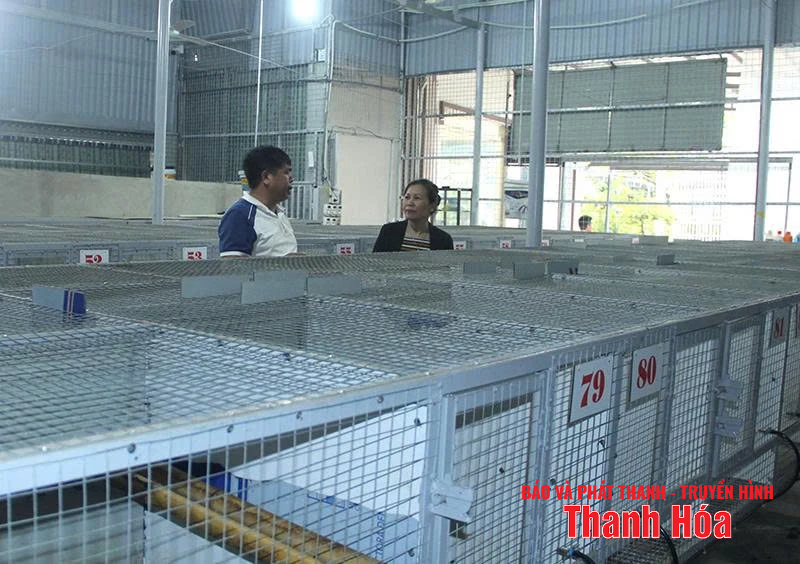








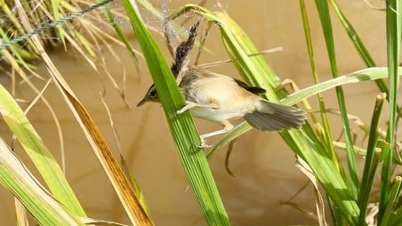

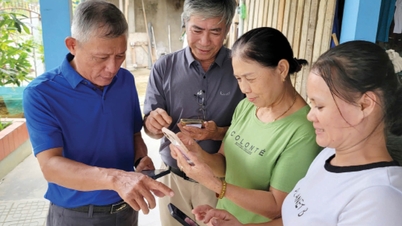

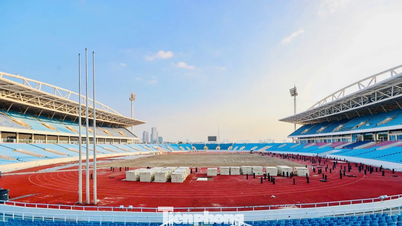

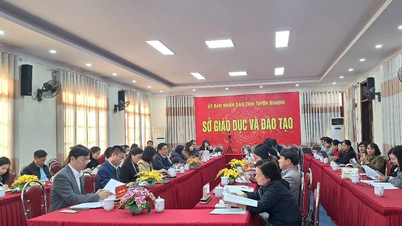

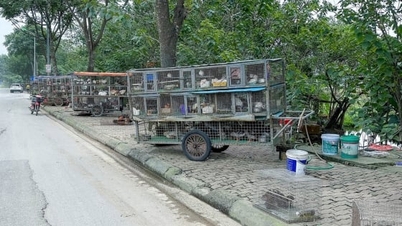
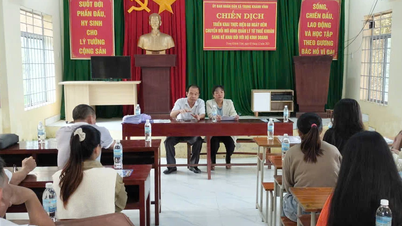

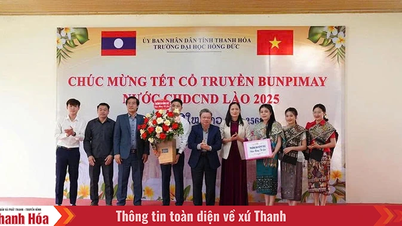
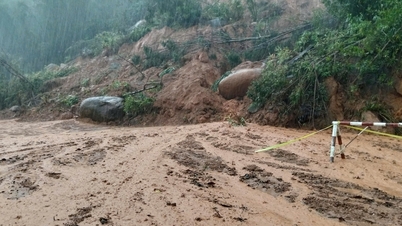
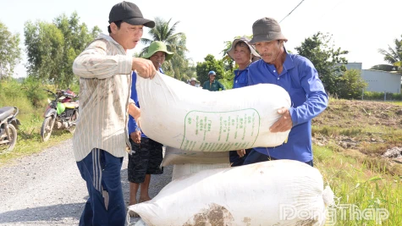

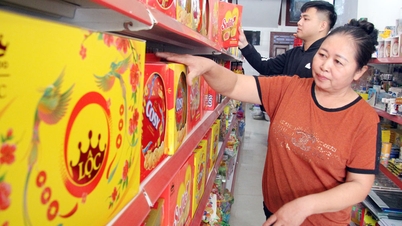

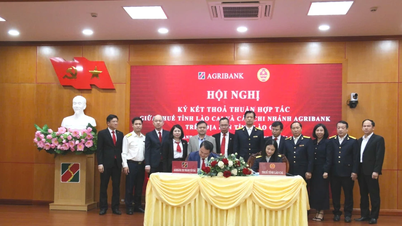







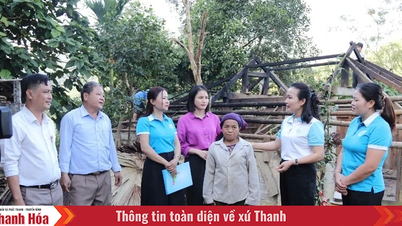


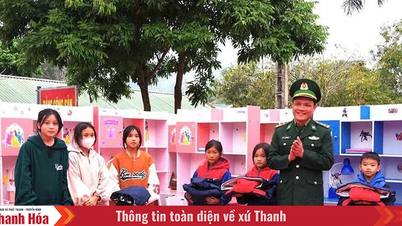
![[Photo] Parade to celebrate the 50th anniversary of Laos' National Day](/_next/image?url=https%3A%2F%2Fvphoto.vietnam.vn%2Fthumb%2F1200x675%2Fvietnam%2Fresource%2FIMAGE%2F2025%2F12%2F02%2F1764691918289_ndo_br_0-jpg.webp&w=3840&q=75)
![[Photo] Worshiping the Tuyet Son statue - a nearly 400-year-old treasure at Keo Pagoda](/_next/image?url=https%3A%2F%2Fvphoto.vietnam.vn%2Fthumb%2F1200x675%2Fvietnam%2Fresource%2FIMAGE%2F2025%2F12%2F02%2F1764679323086_ndo_br_tempimageomw0hi-4884-jpg.webp&w=3840&q=75)





















































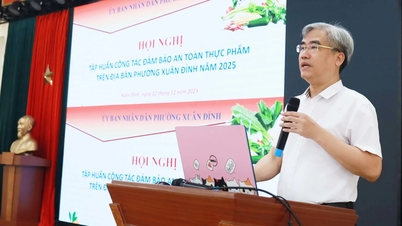
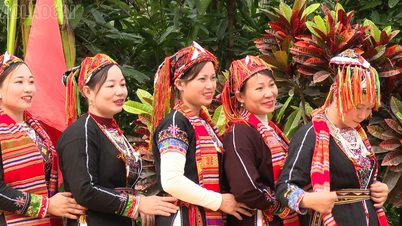















Comment (0)